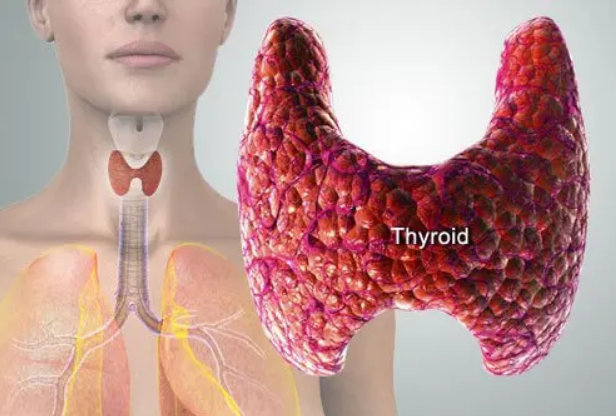

![]() Call Now +91 8400065000
Call Now +91 8400065000

There are several conditions that can affect your thyroid gland. Because your thyroid gland plays an important role in controlling many of your body's functions, serious health problems can result when it is not working as it should.
Some thyroid problems cause an enlarged thyroid (goitre).
Hyperthyroidism
Hyperthyroidism is when your thyroid is overactive and makes too much thyroid hormone.
Symptoms of hyperthyroidism include:
The effect of too much thyroid hormone on your body is sometimes called 'thyrotoxicosis'.
Hypothyroidism
Hypothyroidism is when your thyroid is underactive and doesn't make enough thyroid hormone.
Symptoms of hypothyroidism can be quite varied. They can include:
What causes thyroid problems?
Problems with the thyroid can be caused by:
Occasionally, pregnancy can cause thyroid problems to start or get worse. If left untreated, this can cause problems for you and your baby, such as:
If you're pregnant or planning to become pregnant, talk to your doctor about your risk of having a thyroid disorder.